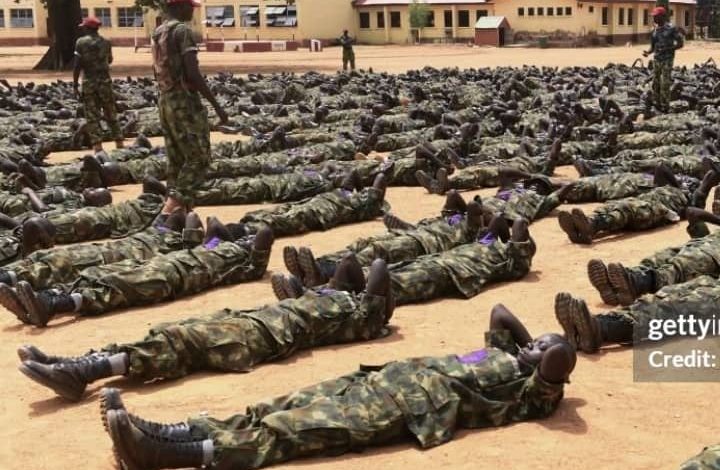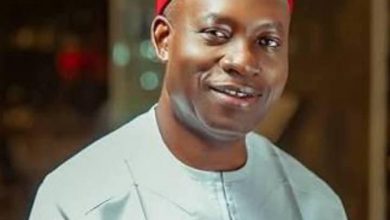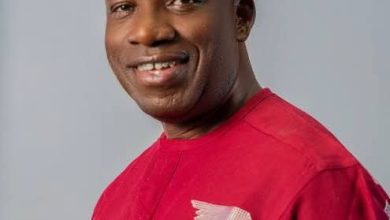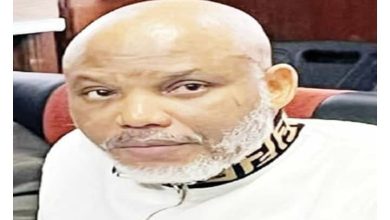
BY TONY OKAFOR
The recent disclosure by Brig.-Gen. Chima Ekeator that only 200 youths from the South-East have registered for the ongoing Army recruitment exercise is a stark revelation that warrants deep reflection.
Compared to other regions, where at least 4,000 persons have registered, the contrast is glaring.
This abysmally low turnout is not just a statistical anomaly; it is a tacit demonstration of the frustration and anger that has been simmering beneath the surface.
The Igbo are angry, and rightly so.
Despite their significant contributions to the nation’s economy, they are consistently relegated to the background in appointments, allocations, and opportunities.
The pattern of marginalization is evident in the lack of representation in key government positions, inadequate infrastructure, and limited access to resources.
The Army recruitment exercise, meant to bolster the nation’s security apparatus, has inadvertently become a litmus test for the level of discontent among the Igbo .
To address this issue, the government should establish a Federal Character Implementation Committee to ensure strict adherence to the Federal Character Principle in appointments, promotions, and allocations, guaranteeing fair representation for the Igbo people.
Furthermore, the federal government should operationalize and adequately fund the South East Development Commission, prioritizing infrastructure development in the South-East region, including roads, bridges, and public facilities, to address historical neglect and drive sustainable economic growth.
Additionally, initiatives should be launched to promote economic empowerment and job creation in the South-East, reducing unemployment and poverty rates among the youth.
The government should also ensure inclusive governance by providing opportunities for the Igbo to participate in decision-making processes and contribute to national development.
By taking these concrete steps, the government can begin to rebuild trust and restore the confidence of the Igbo in the Nigerian project.
The angry silence of the Igbo youth will continue to echo until their concerns are addressed, and it is imperative that the government takes action to rectify the situation.
The Igbo youth is not ignorant of the opportunities that the Army offers; they are simply unwilling to be part of a system that does not value their citizenship equally.





